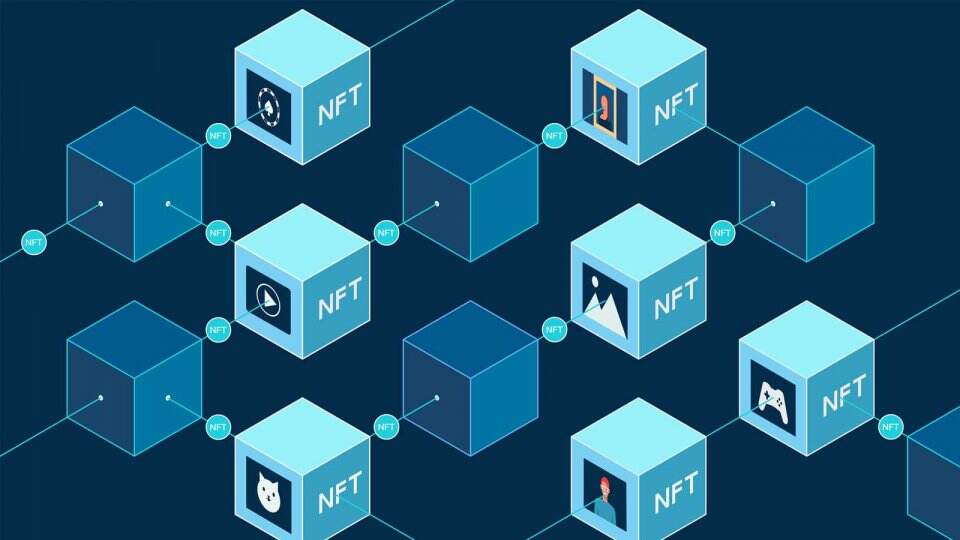Track Blockchain Transaction: Where to The View Crypto Histories
Track Blockchain Transaction

Track Blockchain Transaction refers to the process of monitoring and verifying transactions that occur on a blockchain network. This process is crucial in maintaining the integrity, transparency, and security of the blockchain, making it a cornerstone of decentralized finance (DeFi), cryptocurrency exchanges, and other blockchain-based applications.
What is Track Blockchain Transaction?
In its simplest form, a blockchain is a distributed ledger that records all transactions made on a particular network. Each transaction is grouped into a block, which is then added to a chain of previous blocks, hence the name blockchain. Track Blockchain Transaction of these transactions is vital because it ensures that every transaction is valid, preventing issues like double-spending and fraud.
How Does Blockchain Transaction Tracking Work?

To understand how blockchain transaction tracking works, it’s essential to grasp the basic structure of a blockchain. This reference, known as a hash, is a unique identifier that links each block to its predecessor, creating an unbreakable chain of records.
When a new transaction is initiated, it is broadcast to the network, where it is picked up by nodes—computers participating in the blockchain. These nodes verify the transaction using cryptographic algorithms and consensus mechanisms. Once verified, the transaction is added to a new block, which is then appended to the existing blockchain. This entire process is transparent, meaning that anyone can track the transaction from its inception to its confirmation on the blockchain.
The Importance of Track Blockchain Transaction
Security and transparency are two of the most significant benefits of blockchain transaction tracking. By allowing anyone to verify transactions, blockchain technology reduces the risk of fraud and ensures that all participants in the network are held accountable. This is particularly important in industries such as finance, where the accuracy and integrity of transactions are paramount.
Moreover, blockchain transaction tracking provides a level of traceability that is unparalleled in traditional financial systems. Every transaction is recorded permanently on the blockchain, creating an immutable audit trail that can be used to verify the history and ownership of assets. This traceability is crucial for industries like supply chain management, where tracking the provenance of goods is essential.
Applications of Track Blockchain Transaction

Blockchain transaction tracking has a wide range of applications across various industries. Some of the most prominent include:
Cryptocurrency Exchanges: Blockchain transaction tracking is fundamental to the operation of cryptocurrency exchanges. It ensures that all transactions are valid and that funds are transferred securely between parties.
Supply Chain Management: By using blockchain technology, companies can track the movement of goods through the supply chain, ensuring that products are sourced ethically and delivered to the correct destinations.
Healthcare: Blockchain transaction tracking can be used to securely manage and share patient records, ensuring that sensitive information is only accessible to authorized parties.
Real Estate: In the real estate industry, blockchain transaction tracking can be used to verify the ownership and transfer of property titles, reducing the risk of fraud and ensuring that all transactions are recorded accurately.
Challenges in Blockchain Transaction Tracking
Despite its many benefits, blockchain transaction tracking is not without its challenges. One of the primary concerns is scalability. As more transactions are added to the blockchain, the size of the ledger grows, which can lead to slower transaction times and increased costs. This issue is particularly acute for public blockchains like Bitcoin and Ethereum, where the volume of transactions is high.
Another challenge is privacy. Track Blockchain Transaction While blockchain technology is transparent, this transparency can sometimes conflict with the need for privacy, especially in industries like finance and healthcare. To address this issue, some blockchain networks are exploring the use of zero-knowledge proofs and other cryptographic techniques that allow transactions to be verified without revealing sensitive information.
Future of Track Blockchain Transaction

The future of blockchain transaction tracking looks promising, with ongoing developments aimed at improving scalability, security, and privacy. Layer 2 solutions, such as the Lightning Network for Bitcoin, are being developed to increase the speed and efficiency of blockchain transactions. Additionally, advancements in quantum computing could potentially revolutionize blockchain technology, enabling even more secure and efficient transaction tracking.
As blockchain technology continues to evolve, we can expect to see its adoption across a broader range of industries. Track Blockchain Transaction From finance to healthcare, supply chain management to real estate, blockchain transaction tracking has the potential to transform the way we conduct and verify transactions, leading to greater transparency, security, and efficiency in our digital world.
Conclusion
In conclusion, blockchain transaction tracking is a vital component of blockchain technology that ensures the integrity, security, and transparency of transactions. While there are challenges to overcome, the benefits of blockchain transaction tracking far outweigh the drawbacks, making it an essential tool for industries across the globe.
Learn More: Crypto Mining Setups

